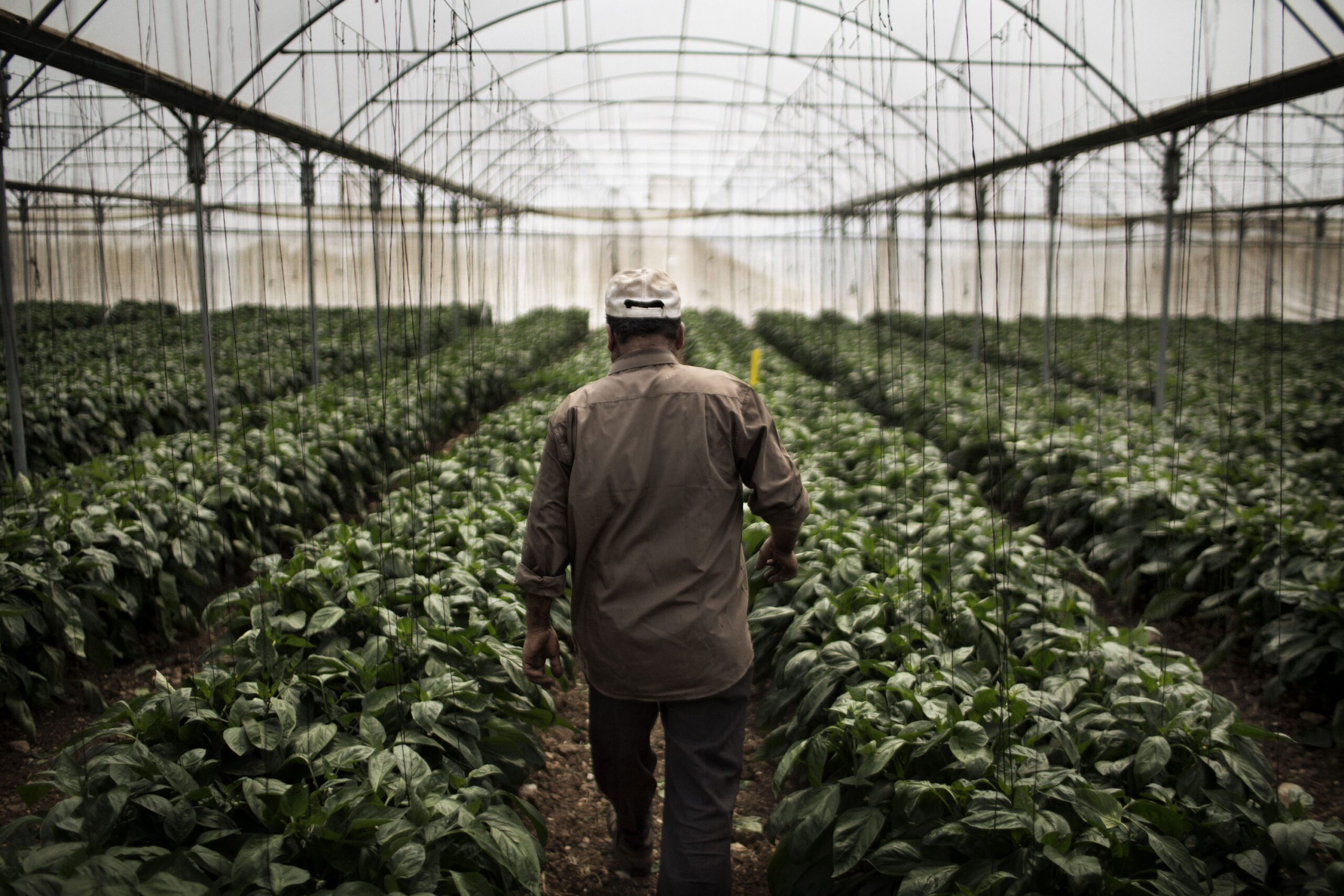PROJECT SUMMARY
Identifying priority investment areas for olive oil production in the West Bank and Gaza will help diversify and expand its export markets for this resilient high-value crop.
Context
The EBRD and FAO are working in several Southern and Eastern Mediterranean countries, including the West Bank and Gaza, to exploit the potential of olives. The market for olive oil is ripe for expansion with global sales already reaching EUR 8 billion. Increasing per capita incomes and growing consumer interest in healthy foods are also set to continue to drive growth in the sector, especially when combined with its environmental credentials. Olive trees are resilient in dry, hot conditions, and olive production is a relatively low generator of GHG emissions.
However, to fully exploit the potential of olive oil, particularly in terms of export markets, some barriers need to be overcome including increasing visibility on international markets and aligning local product quality with international standards. Production is also hampered by low yields, and product variability, while climate change is expected to put further pressure on water availability.
Activities
Conduct a value chain review specifically targeted to olive oil production.
Provide training, capacity building and targeted technical support to facilitate sector development.
Support activities to enable greater private sector investment in food product quality and efficiency along the value chain.
ACHIEVEMENTS
A virtual roundtable in March 2022 to discuss options for sustainable development of the olive oil sector.
A value chain study to identify opportunities and bottlenecks including for investment and capacity-building activities to improve the value chain quality and efficiency. The study has identified the West Bank and Gaza Strip as as two very different markets, facing different constraints.
Over 200 farmers and agro-engineers from the Ministry of Agriculture in the West Bank and Gaza, as well as local organizations, have received capacity development training on pruning techniques to boost productivity and innovative irrigation methods for improved water management.
Delegates from both the private and public sectors within the olive oil value chain visited Puglia, Italy, to gain insights into the essential elements – investments, innovations, and collaboration between the public and private sectors – required to cultivate a thriving industry.



































